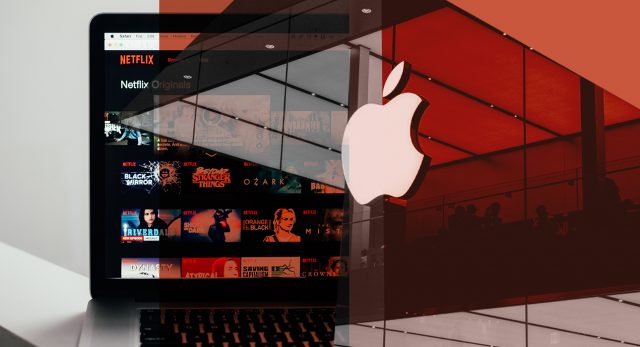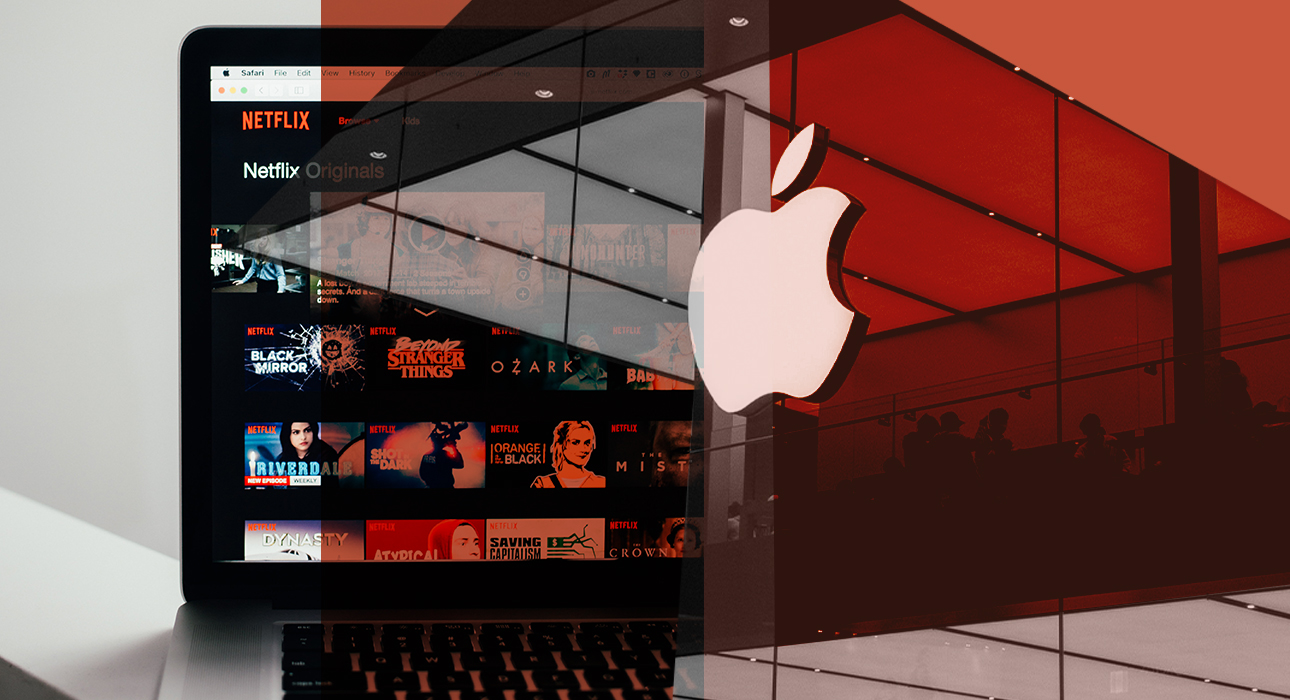
In the past few months, dozens of Western companies have suspended their activities in Russia: some have left the market completely, others have remained in a limited part of their work. Streaming platform Netflix followed this scenario, restricting access to content for users from Russia and Apple, making the Apple Pay function inaccessible to them. And while there is no forecast of the return of the brands, the Russians are seeking it through the courts. This month alone, for example, two class-action lawsuits were filed against Netflix (in the first case, they demanded compensation of 2 million rubles each from the service and resumption of full-fledged work in the country, and in the second, business resumption and indefinite compensation), and one against Apple. against (the company needs to recoup 10 thousand rubles each and reduce the cost of devices). Can the court satisfy the claims of the Russians, and what can they really count on? Speak to the attorney of the DRC law firm.

Ekaterina Abashina
“According to media reports, lawsuits have been filed against Netflix in the Moscow Khamovnichesky District Court and against Apple in the Moscow Presnensky District Court. Requirements are submitted to Russian legal entities associated with the services.
Anticipating possible scenarios for solving these cases is one of a series of fortunes on coffee grounds, as the practice of litigation against companies leaving the national market is just taking shape.
However, there are differences between the Netflix and Apple cases. Netflix has suspended the services (subscription) of users after the expiry of the last payment period, and the right to cancel the subscription by the service provider is provided by the user agreement of the online service, provided that Netflix notifies the user of this situation. the day before the cancellation of the subscription (Article 3.4). Users accepted these rules when they paid for the service, so this clause of the user agreement can work against them.
Apple, on the other hand, has disabled one of the functions of Apple Pay devices for any type of card that buyers (users) do not pay separately, but can perceive as an integral part of the purchased device. However, according to the information in the press, a lawsuit has been filed against the Russian company, which may not have anything to do with the deactivation of the company’s function, and there may be no justification for fulfilling the conditions against it. It is common for international service and goods providers to open legal entities in another country that perform some operational functions (payment collection, distribution), but are not directly responsible for the actions of the parent company to provide digital services.
So far, both cases seem like a way to draw attention to the unjustified refusal of cross-border companies to work in Russia in relation to Russian consumers.
Time will tell if Netflix and Apple’s services and products will result in real protection of their consumers’ rights.”
Source: People Talk
Lloyd Grunewald is an author at “The Fashion Vibes”. He is a talented writer who focuses on bringing the latest entertainment-related news to his readers. With a deep understanding of the entertainment industry and a passion for writing, Lloyd delivers engaging articles that keep his readers informed and entertained.





